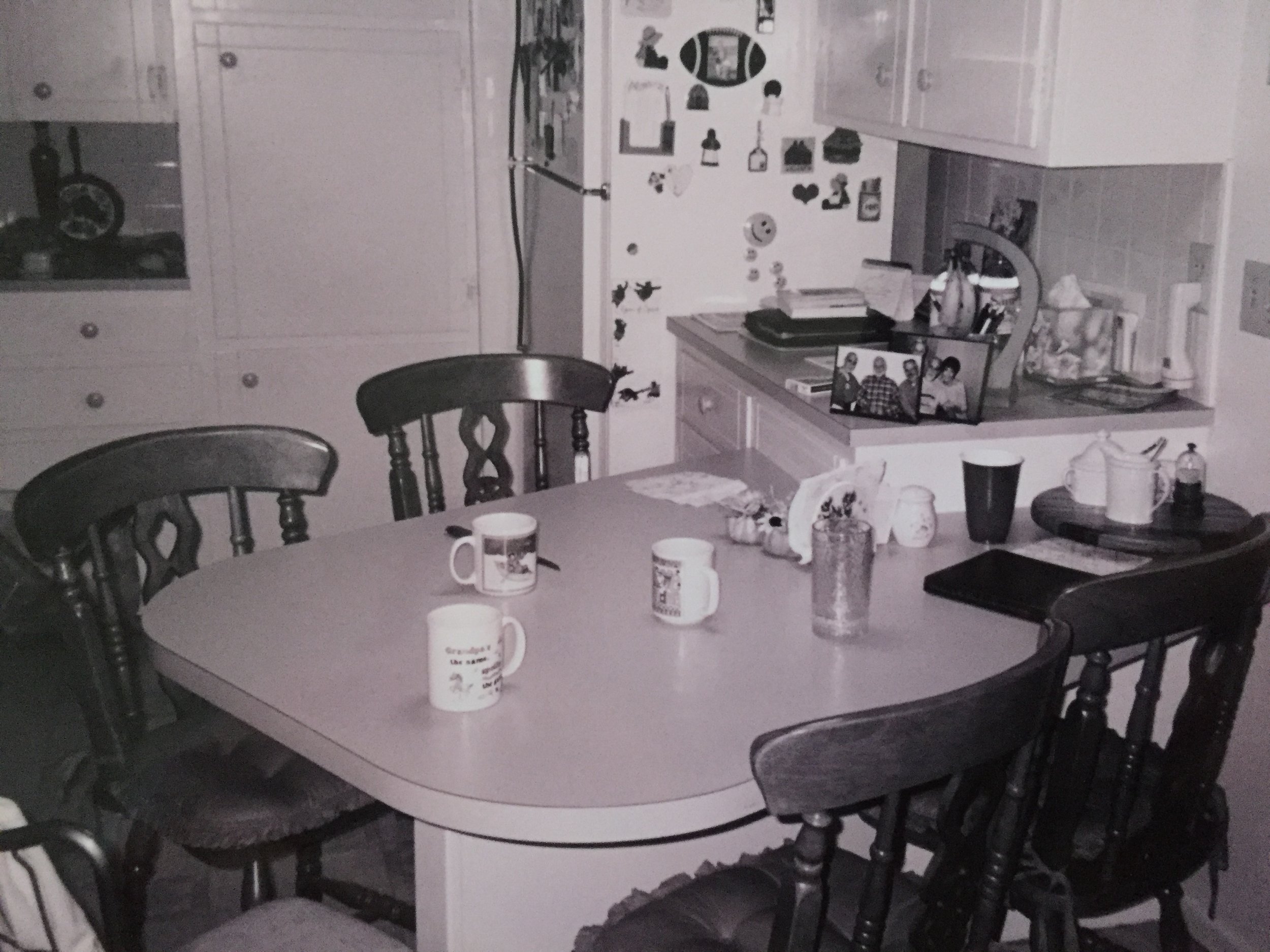God Was With Them
/Acts 7:48 “However, the Most High does not live in houses made by human hands."
As I researched different commentaries on Acts chapter 7, I found this comforting theme woven throughout: God was with them.
Stephen's speech to the Sanhedrin, an assembly of 23 to 71 men representing each city in the land of Israel, was a result of charges which were brought against him by this very group. The charges implied that Stephen had spoken blasphemous words against Moses, that he had spoken against the law, and that he had suggested a change in Jewish customs. The Sanhedrin was up in arms that Stephen had suggested that God had never confined himself to one place, such as the temple; and that he had suggested the Jewish people had a habit of rejecting people God sends to them (ie: certain carpenters).
It has been suggested that this testimony in Acts 7 is not really a defense coming from Stephen. Rather than defending himself, Stephen wanted to proclaim the truth about Jesus in a way people could understand. In Stephen's answer to the High Priest's question, "are these charges true?", he outlined the history of Israel; and throughout the years, in the good and the bad, God was always with them:
-God was with them even though for hundreds of years, Abraham's people were enslaved and mistreated.
-God was with Moses, throughout his 40 years in Midian, before he even appeared to Moses in the burning bush and told him "take off your sandals, for the place where you are standing is holy ground."
-God was with Stephen when he was stoned after suggesting to the Sanhedrin that they were rejecting Jesus and the work of the Holy Spirit.
-God was with Stephen when he "fell asleep".
And yet…
-God was also with Saul, though he stood watch over the coats of the witnesses at Stephen's stoning.
This table was the centerpiece of my grandparents' modest house in Lamesa, a mostly blue collar town in West Texas. At one end of their street was the golf course and tennis court where I enjoyed going on walks, scanning the outside perimeter for rogue golf balls that I could claim. On the other end was a farm with cotton fields for days.
My grandma, a teller at the “Savings & Loan” where there was always an orange lollipop waiting for me when I visited, was also a devout member of the local Church of Christ. My granddad, who owned and ran “Baldwin's” store, the local hot spot for clothing, shoes and accessories, was equally devoted to his Methodist church in town. Until the last few years of my grandma's life, Charles and Peggy kissed each other goodbye every Sunday morning and headed to their separate houses of worship while the lunch roast simmered in the oven. Once church services let out, they would each return home to reunite at the table and share lunch with each other and their children, and eventually, their grandchildren…
Years later, when I was a student at ACU visiting Lamesa for some random weekend (when my dirty laundry bag was bursting at the seams), or when visiting over Thanksgiving break, I'd wake up hungry and bleary eyed and shuffle into the warm kitchen for some weak coffee and toast or cereal. Each morning, I would find Grandma and Granddad settled in at the kitchen table, sharing time in prayer and meditation together. They'd take turns reading out of their dog-eared devotional books, and the words coming out of their mouths sounded like symphonies. I felt it then, and I remember now, that their love and devotion to God, regardless of which denomination they belonged to, blessed their love for each other, and their love for me.
That kitchen table regularly brought together a Methodist and a Church of Christ member. God was with them there. I think it took a lot of years for my grandma to accept that God was beyond the walls of the Church of Christ. She truly feared that my granddad's worship at the Methodist church might be a roadblock to his eternal salvation. I remember her telling me more than once how important it was to have the same faith as the man I married (and I am pretty sure by “faith” she meant the same denomination as well). While I do think having the same church background as my husband, Adam, makes aspects of life easier than they might be otherwise, I'm thankful for the freedom we have in our conviction that God is not only in the temple.
God is also outside the temple. He is with people no matter their circumstance, whether they are going to the “Church of Sand Volleyball” in Los Angeles on Sundays, or the churches at "5th and Bedpost” or "Heavenly Rest” as we called them in college. Whether they are sitting in bumper to bumper traffic on the highway, or unpacking boxes in their new home. Whether they are begging on the corner of the street downtown, or covering themselves with a tattered blanket in the park as they go to sleep for another frigid night. As I’ve heard it said in sermons from my past: “God meets you wherever you are… He just doesn’t want you to stay there.”
Angie Willis
Culver Palms Church of Christ, Los Angeles, CA

